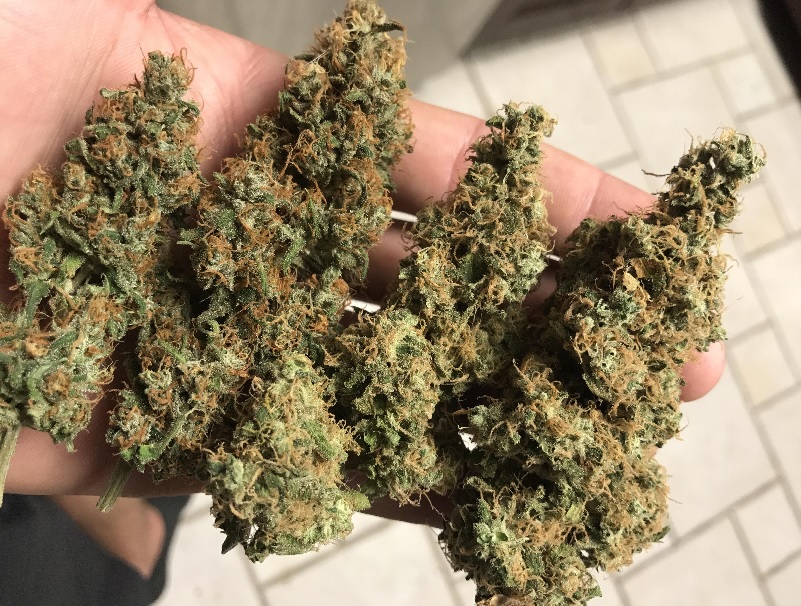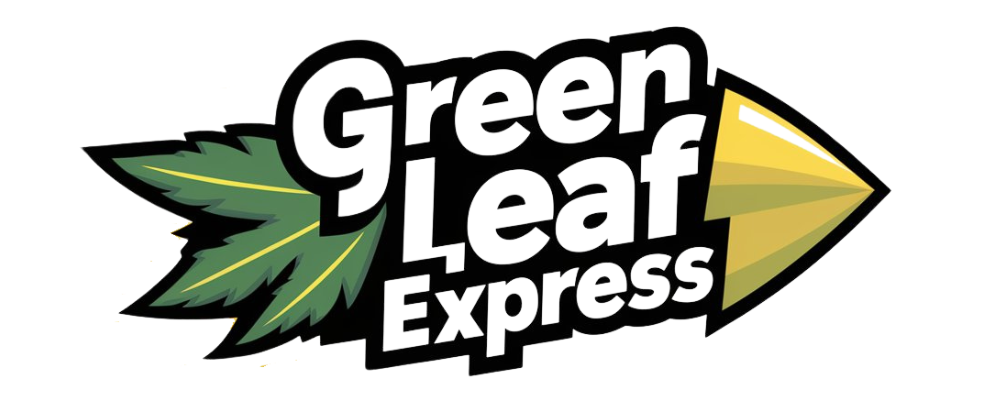Laws regarding THC concentrates vary significantly from one jurisdiction to another. It’s important to note that I can provide general information, but specific laws can change and vary by location. Therefore, it’s crucial to consult the local laws and regulations in your specific jurisdiction with https://gas-dank.com/product-category/concentrates/.
THC Concentrates Laws
Here are some key points to consider regarding THC concentrate laws:
- Legalization Status: In some regions, cannabis and THC concentrates may be fully legalized for both medical and recreational use. This means that adults of legal age can purchase, possess, and consume THC concentrates within the parameters set by the law. However, legalization may come with specific regulations and restrictions.
- Medical Use: Some jurisdictions have legalized cannabis concentrates for medical purposes only. These laws typically require patients to obtain a recommendation from a qualified healthcare professional and acquire a medical cannabis card or license to access and use THC concentrates.
- Age Restrictions: Legalization laws often stipulate a minimum age requirement for purchasing and consuming THC concentrates. The age limit can vary, but it is typically set at 18 or 21 years old, depending on the jurisdiction.
- Purchase and Possession Limits: Laws often establish limits on the amount of THC concentrates an individual can possess or purchase at a given time. These limits are usually expressed in weight or THC content and may differ for medical and recreational users.
- Licensing and Regulation: Jurisdictions that have legalized THC concentrates usually implement licensing and regulatory systems to ensure product quality, safety, and accountability. Licensed producers and retailers are subject to inspections, quality control measures, and compliance with specific guidelines.
- Transportation and Public Consumption: Laws may restrict the transportation of THC concentrates across state or national borders. Public consumption of THC concentrates is often prohibited and limited to private properties or designated consumption areas.
- Packaging and Labeling Requirements: Legal jurisdictions typically mandate specific packaging and labeling requirements for THC concentrates. This can include warning labels, THC content information, producer identification, and child-resistant packaging.
- Illegal Status in Some Jurisdictions: It’s important to note that in certain regions, THC concentrates are illegal and considered controlled substances. Possession, distribution, or production of THC concentrates can lead to criminal charges and legal consequences.

It is crucial to research and stay up to date with the laws and regulations specific to your jurisdiction. Local government websites, cannabis regulatory agencies, and legal professionals specializing in cannabis law can provide the most accurate and current information regarding THC concentrate laws in your area.

